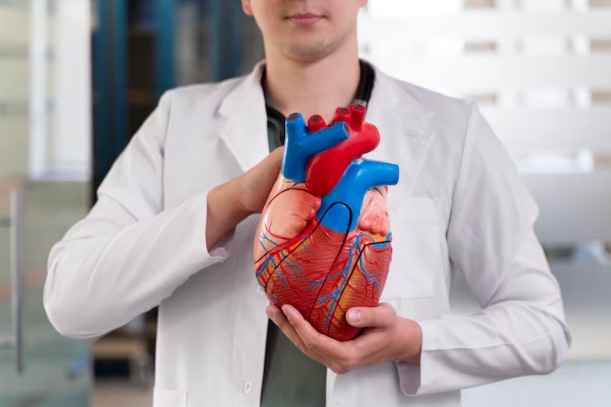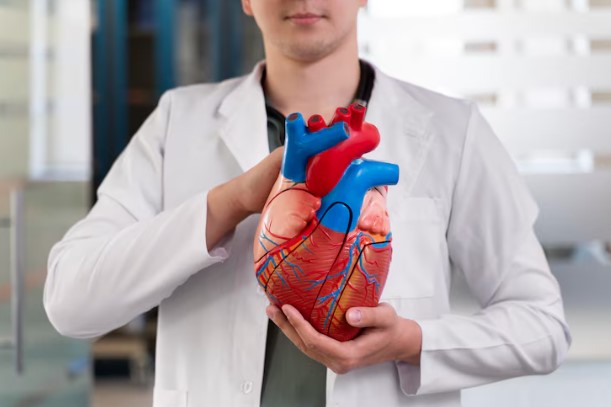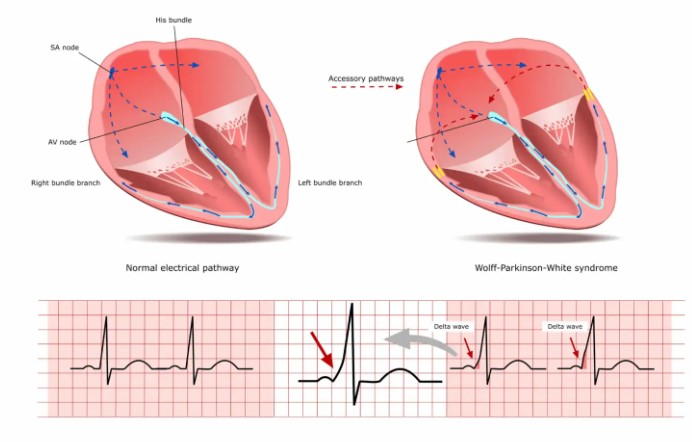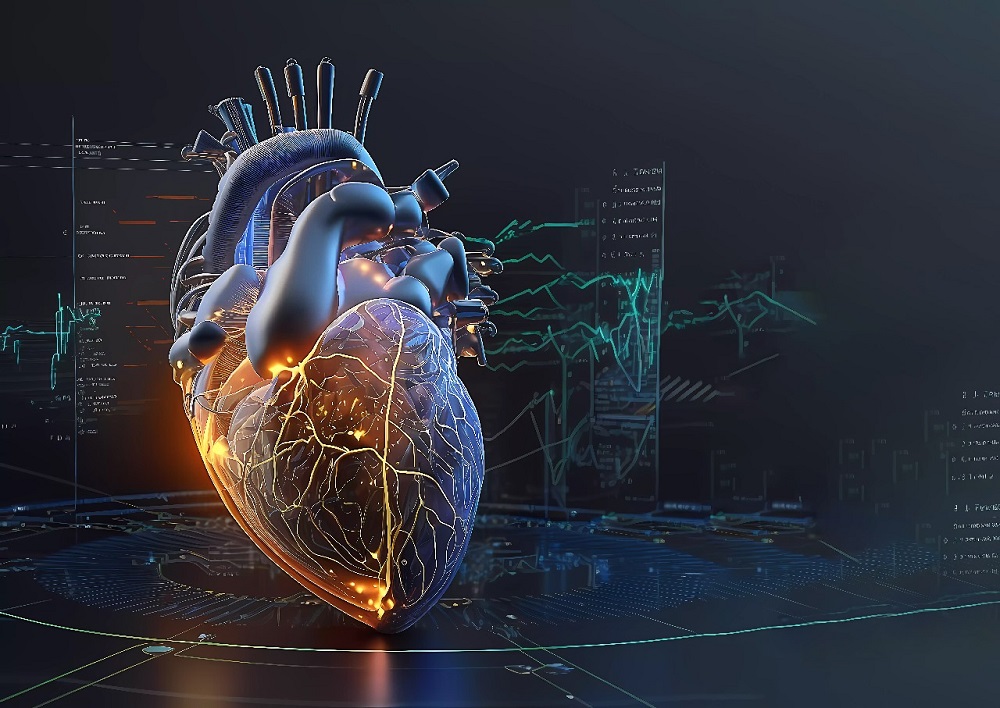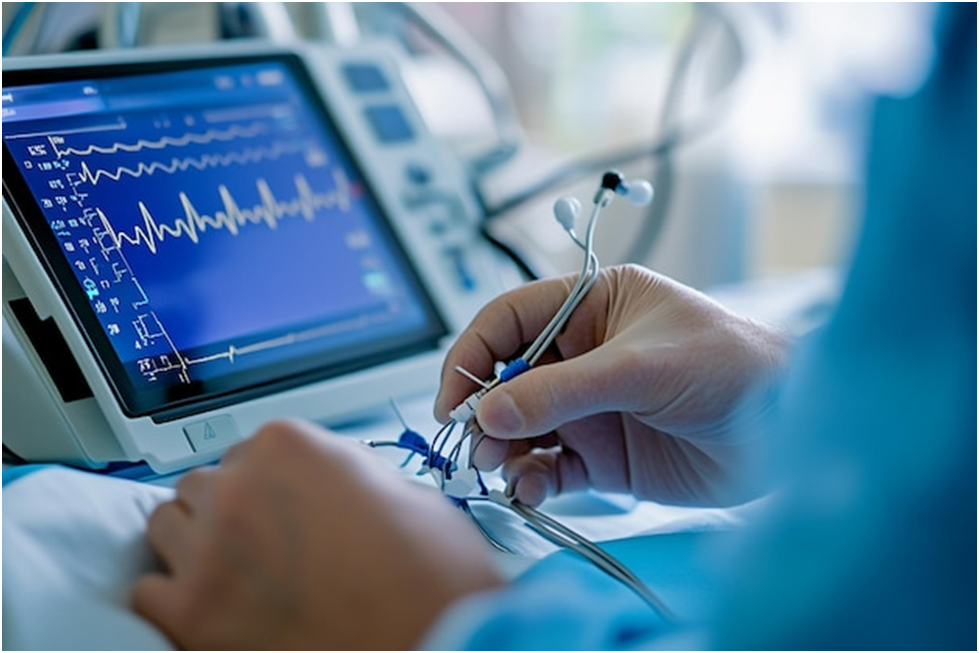Tachycardia Specialist in Dubai: Understanding Symptoms and Post-Surgery Care
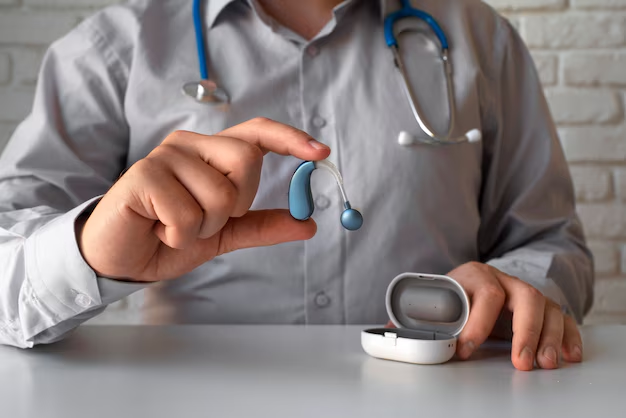
Strong 8k brings an ultra-HD IPTV experience to your living room and your pocket.
Tachycardia is a condition characterized by an abnormally fast heart rate, generally defined as a heart rate exceeding 100 beats per minute in adults. While it can sometimes occur as a natural response to physical activity or stress, persistent or unexplained tachycardia can be a sign of an underlying medical issue. In Dubai, residents are fortunate to have access to some of the best specialists in the field, including TheHeart.ae and Dr. Kadri, who are known for their expertise in diagnosing, treating, and providing comprehensive care for individuals dealing with tachycardia, both before and after surgery.
Symptoms of Tachycardia
The symptoms of tachycardia can vary widely depending on the type of tachycardia and its underlying cause. Common symptoms include:
1. Rapid Heartbeat: The most obvious symptom is an unusually fast heart rate, which might be noticeable during daily activities or even at rest.
2. Dizziness or Lightheadedness: A racing heart can reduce the efficiency of the heart’s pumping, leading to decreased blood flow and feelings of dizziness or lightheadedness.
3. Shortness of Breath: The heart’s inability to pump effectively can lead to insufficient oxygen supply to the body, causing difficulty in breathing.
4. Chest Pain: Some individuals may experience chest discomfort or pain, which can be alarming and should not be ignored.
5. Fatigue: Prolonged tachycardia can drain the body’s energy, resulting in chronic fatigue or weakness.
6. Fainting: In severe cases, a very high heart rate can cause fainting, a condition known as syncope.
It's important to note that some forms of tachycardia may be asymptomatic or cause minimal symptoms, making it even more critical to consult a healthcare professional for proper evaluation and treatment.
Types of Tachycardia
Tachycardia can be classified into several types based on where the abnormal electrical activity originates in the heart. Some of the most common types include:
• Supraventricular Tachycardia (SVT): This type originates above the heart’s ventricles. It often causes sudden and rapid heartbeats and may be triggered by stress or caffeine.
• Ventricular Tachycardia (VT): This type starts in the ventricles and can be life-threatening. It’s often associated with heart conditions like heart disease or previous heart attacks.
• Atrial Fibrillation (AF): A common arrhythmia where the heart’s upper chambers beat irregularly and too fast. This can lead to stroke and other complications if left untreated.
Why Seek a Tachycardia Specialist?
A tachycardia specialist in Dubai, or a cardiologist with expertise in arrhythmias, is trained to identify the underlying cause of abnormal heart rhythms and provide personalized treatment options. In Dubai, healthcare professionals like Dr. Kadri and TheHeart.ae have years of experience in diagnosing and treating tachycardia, offering state-of-the-art diagnostic tools and cutting-edge treatments.
Whether you experience occasional palpitations or suffer from frequent, severe episodes, a tachycardia specialist can conduct a thorough evaluation, including:
• Electrocardiogram (ECG): To assess heart rhythm.
• Holter Monitoring: A portable ECG to monitor the heart’s rhythm over an extended period.
• Echocardiogram: To check the heart’s structure and function.
• Electrophysiology Study: A procedure used to identify the source of arrhythmias.
Treatment for Tachycardia
Treatment for tachycardia depends on its underlying cause, type, and severity. The goal is to reduce symptoms and minimize risks, which can include stroke, heart failure, or sudden cardiac arrest. Common treatments include:
• Medications: Antiarrhythmic drugs, beta-blockers, or calcium channel blockers may be prescribed to control heart rate and rhythm.
• Cardioversion: A procedure that uses electrical shocks to reset the heart’s rhythm to normal.
• Catheter Ablation: A minimally invasive procedure where a catheter is inserted into the heart to destroy the tissue causing the abnormal electrical signals.
• Pacemakers and Implantable Cardioverter Defibrillators (ICDs): For patients with severe tachycardia or those at high risk for sudden cardiac arrest, a pacemaker or ICD may be implanted to regulate heart rhythm.
Post-Surgery Care After Tachycardia Treatment
After undergoing treatment for tachycardia, particularly surgery such as catheter ablation or the implantation of a pacemaker or ICD, it’s crucial to follow specific post-surgery care instructions to ensure recovery and minimize complications.
1. Rest and Recovery: Immediately after surgery, patients need time to rest and recover. Dr. Kadri and TheHeart.ae’s expert team emphasize the importance of taking it easy for the first few weeks to allow the body to heal properly. Physical activity should be limited, and strenuous exercises should be avoided until the doctor clears the patient for them.
2. Follow-up Appointments: Regular follow-up visits are essential after tachycardia surgery. These appointments help the doctor monitor the progress of recovery, check the functionality of devices like pacemakers or ICDs, and ensure that there are no new issues with heart rhythm.
3. Medication Management: Patients may need to continue medications after surgery to help prevent recurrence of tachycardia or to manage any other underlying heart condition. It is important to follow the prescribed regimen strictly and report any side effects to the healthcare provider.
4. Lifestyle Modifications: Lifestyle changes play a significant role in post-surgery recovery and preventing the recurrence of tachycardia. Avoiding triggers such as excessive caffeine, alcohol, or stress, and maintaining a healthy diet, exercise routine, and weight can help manage the condition long-term.
Why Choose TheHeart.ae and Dr. Kadri?
When it comes to treating complex heart conditions like tachycardia, trust and expertise are paramount. TheHeart.ae, led by renowned cardiologist Dr. Kadri, is dedicated to providing the highest level of care to patients in Dubai. They offer a comprehensive range of services, from advanced diagnostics to cutting-edge treatments and aftercare, ensuring that each patient receives personalized care tailored to their unique needs.
Dr. Kadri’s vast experience and commitment to patient well-being make him a trusted figure in the field of cardiology. With his expertise, patients can rest assured that they will receive the best possible care before, during, and after surgery.
Conclusion
Tachycardia is a serious condition that requires prompt attention from a qualified specialist. In Dubai, TheHeart.ae and Dr. Kadri stand out as leaders in the diagnosis and treatment of tachycardia, offering advanced care and technology to ensure the best outcomes for their patients. Whether you're experiencing symptoms of tachycardia or need post-surgery care, trusting a reputable expert is key to restoring your heart health and leading a healthy, active life.
Note: IndiBlogHub features both user-submitted and editorial content. We do not verify third-party contributions. Read our Disclaimer and Privacy Policyfor details.



